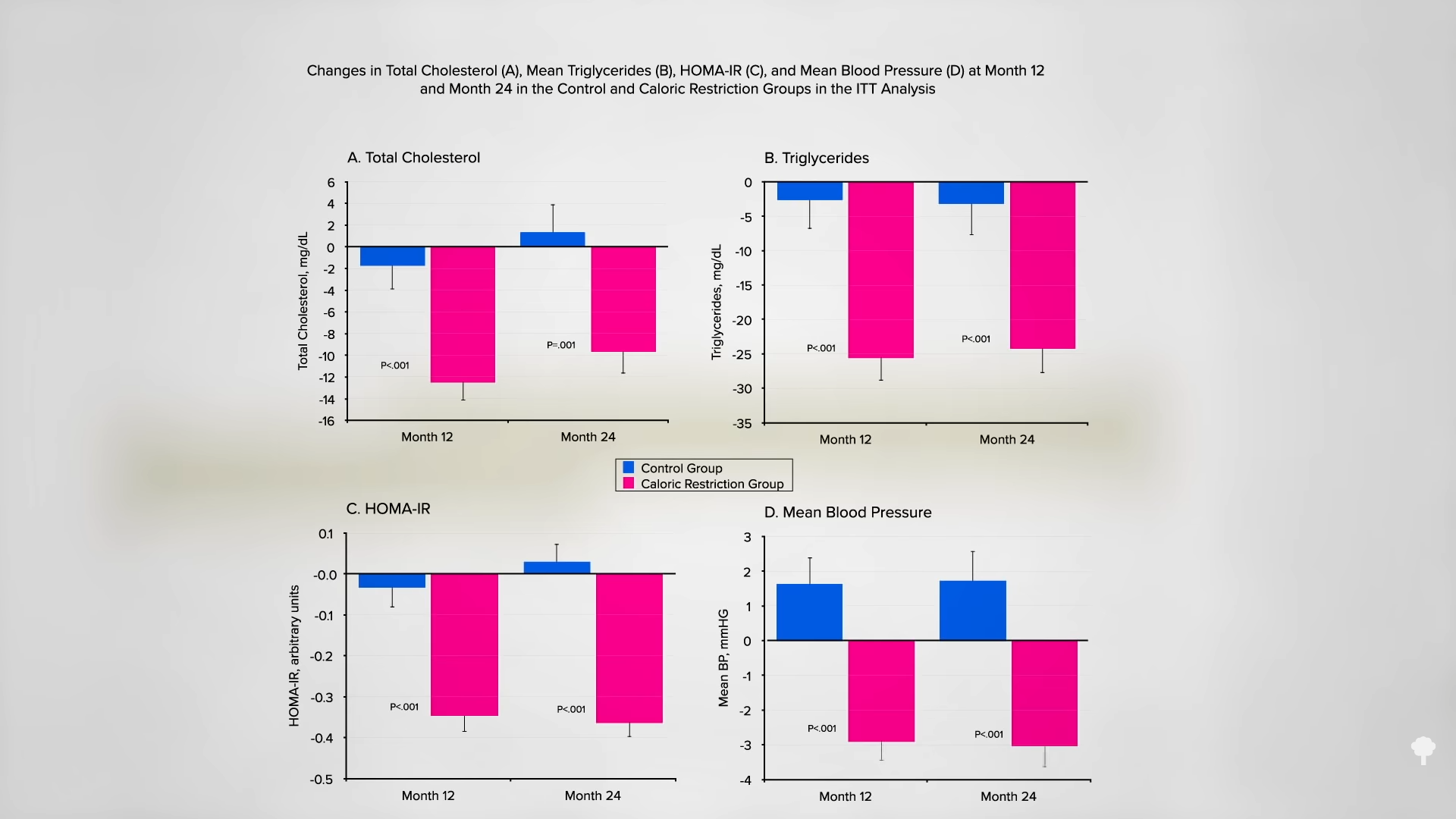[ad_1]
Although a bane for dieters, a slower metabolism may very well be an excellent factor.
We’ve recognized for greater than a century that calorie restriction can increase the lifespan of animals, and metabolic slowdown could be the mechanism. That might be why the tortoise lives ten occasions longer than the hare. Rabbits can live for 10 to 20 years, whereas “Harriet,” a tortoise “allegedly collected from the Galapagos Islands by Charles Darwin, was estimated to be about 176 years outdated when she died in 2006.” Sluggish and regular could win the race.
As I talk about in my video The Benefits of Calorie Restriction for Longevity, one of many methods our physique lowers our resting metabolic price is by creating cleaner-burning, extra environment friendly mitochondria, the ability crops that gas our cells. It’s like our physique passes its personal fuel-efficiency requirements. These new mitochondria create the identical vitality with much less oxygen and produce much less free radical “exhaust.” In spite of everything, when our physique is afraid famine is afoot, it tries to preserve as a lot vitality as it could possibly.
Certainly, the most important caloric restriction trial up to now found metabolic slowing and a discount in free radical-induced oxidative stress, each of which can gradual the speed of growing older. The flame that burns twice as vibrant burns half as lengthy. However, whether or not this leads to higher human longevity is an unanswered query. Caloric restriction is commonly said “to increase lifespan in each species studied,” however that isn’t even true of all strains inside a single species. Two authors of 1 article, for example, don’t even share the identical view: One doesn’t suppose calorie restriction will enhance human longevity in any respect, whereas the opposite suggests {that a} 20 p.c calorie restriction beginning at age 25 and sustained for 52 years might add 5 years onto your life. Both means, the decreased oxidative stress can be anticipated to improve our healthspan.
Members of the Calorie Restriction Society, self-styled CRONies (for Calorie-Restricted Optimum Vitamin), appear to be in glorious well being, however they’re a reasonably distinctive, self-selected group of people. You don’t actually know till you place it to the take a look at. Enter the CALERIE research, the Complete Evaluation of Lengthy-Time period Results of Decreasing Consumption of Power, the primary scientific trial to test the consequences of caloric restriction.
A whole lot of non-obese women and men had been randomized to 2 years of 25 p.c calorie restriction. They solely ended up attaining half that, but they nonetheless misplaced about 18 kilos and three inches off their waists, wiping out greater than half of their visceral stomach fats, as you may see within the graph under and at 2:47 in my video.

That translated into important enhancements in levels of cholesterol, triglycerides, insulin sensitivity, and blood strain, which you’ll be able to see within the graph under and at 2:52 in my video. Eighty p.c of those that had been chubby once they started had been normal-weight by the tip of the trial, “in contrast with a 27% improve in those that grew to become chubby within the management group.” 
Within the well-known Minnesota Hunger Research that used conscientious objectors as guinea pigs throughout World Battle II, the research topics suffered each bodily and psychologically, experiencing despair, irritability, and lack of libido, amongst different signs. The contributors began out lean, although, and had their calorie consumption lower in half. The CALERIE research ended up being 4 occasions much less restrictive, solely about 12 p.c under baseline calorie consumption, and enrolled normal-weight people, which in the US lately means chubby on common. As such, the CALERIE trial topics skilled nothing however optimistic quality-of-life advantages, with important enhancements in temper, normal well being, intercourse drive, and sleep. They solely ended up consuming about 300 fewer energy a day than that they had eaten at baseline. So, they acquired all of those advantages—the physiological advantages and the psychological advantages—simply from chopping a couple of small bag of chips’ price of energy from their each day diets.
What occurred on the finish of the trial, although? As researchers saw within the Minnesota Hunger Research and in calorie deprivation experiments achieved on Military Rangers, as quickly as the themes had been released from restriction, they tended to quickly regain the burden and generally much more, as you may see under and at 4:18 in my video.

The leaner they started out, the extra their our bodies appeared to drive them to overeat to pack again on the additional physique fats, as seen within the graph under and at 4:27 in my video. In distinction, after the completion of the CALERIE research, though their metabolism was slowed, the contributors retained about 50 p.c of the burden loss two years later. They should have acquired new consuming attitudes and behaviors that allowed them to maintain their weight down. After prolonged calorie restriction, for instance, cravings for sugary, fatty, and junky meals may very well go down. 
That is a part of my collection on calorie restriction, intermittent fasting, and time-restricted consuming. See associated movies under.
[ad_2]
Source link





















